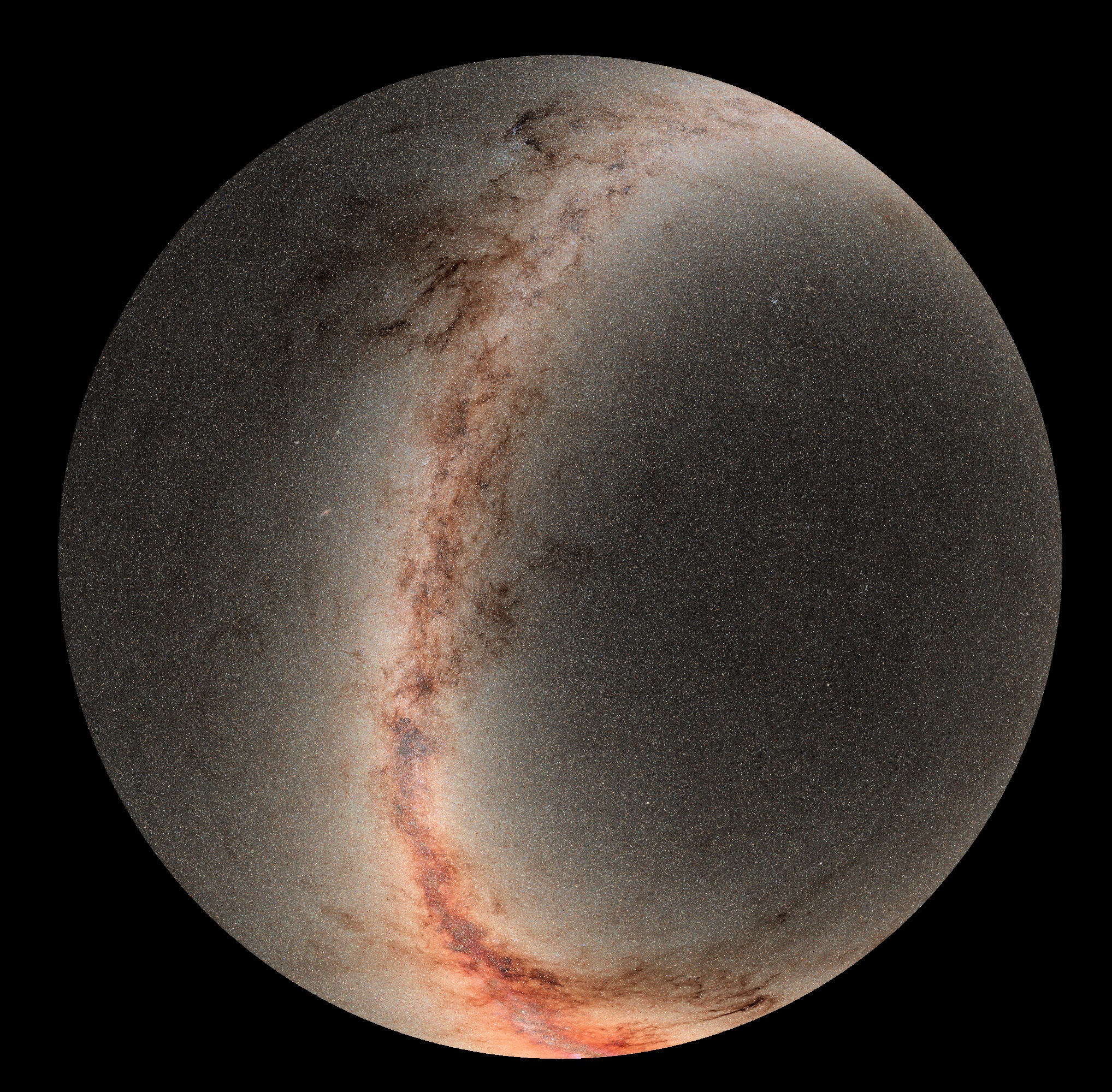This 'Universe in a Box' Has Enough Astronomical Data to Fill 30,000 Wikipedias

It's hard to grasp the sheer amount of astronomical data that came online this week in a 1.6-petabyte data-dump from a Hawaiian telescope, but picture 30,000 Wikipedias or 15 Libraries of Congress.
At any rate, it's a lot of information, all thanks to the Panoramic Survey Telescope and Rapid Response System, or Pan-STARRS, telescope in Hawaii. Included in that data are four years' worth of photographs taken by Pan-STARRS's 1.8-meter (6 feet) telescope and 1.4-billion-pixel camera. The upload adds up to 1.6 petabytes, or 1.6 million gigabytes, of data. This is the second installment of the telescope's survey data; the first release, in 2016, totalled 2 petabytes of data.
"We put the universe in a box, and everyone can take a peek," database engineer Conrad Holmberg said in a statement.
Pan-STARRS is tailored to find what astronomers call transient and variable objects — things that change over short periods of time. That's why it was able to spot 'Oumuamua, the first known interstellar object, as the visitor hurtled through our solar system in October 2017. Other finds include rogue planets, supernovas and quasars.
The new data set is available through the Space Telescope Science Institute, which stores NASA's optical and ultraviolet telescope data. The institute offers some information for those looking to explore the data set, including via an image-search function. (It's important to remember that the site holds raw data, not beautiful, processed images.)
"The Pan-STARRS1 survey allows anyone access to millions of images and catalogs containing precision measurements of billions of stars, galaxies and moving objects," Ken Chambers, director of the Pan-STARRS observatories, said in the statement. "We hope people will discover all kinds of things we missed in this incredibly large and rich data set."
Email Meghan Bartels at mbartels@space.com or follow her @meghanbartels. Follow us @Spacedotcom and Facebook. Original article on Space.com.
Get the Space.com Newsletter
Breaking space news, the latest updates on rocket launches, skywatching events and more!
Join our Space Forums to keep talking space on the latest missions, night sky and more! And if you have a news tip, correction or comment, let us know at: community@space.com.

Meghan is a senior writer at Space.com and has more than five years' experience as a science journalist based in New York City. She joined Space.com in July 2018, with previous writing published in outlets including Newsweek and Audubon. Meghan earned an MA in science journalism from New York University and a BA in classics from Georgetown University, and in her free time she enjoys reading and visiting museums. Follow her on Twitter at @meghanbartels.









